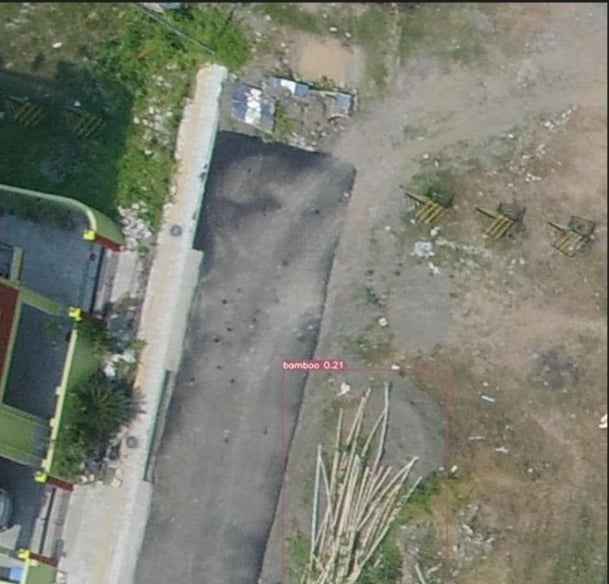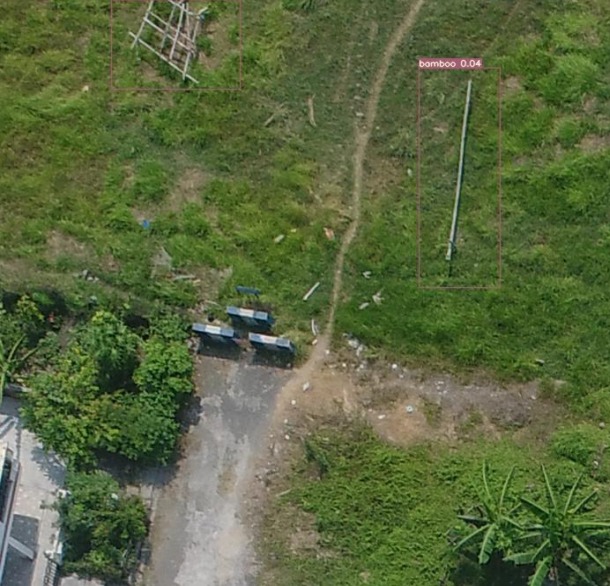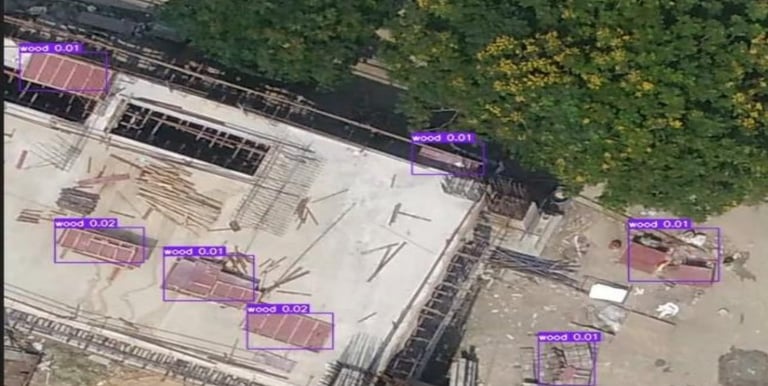From Sky to Strategy: Monitoring Construction with Drone Imagery
Temporal Change Monitoring of Construct of an Urban/ City Zone
ARU-SOFTWAREOPSUSE-CASE
2/27/20253 min read


Introduction
The construction industry is evolving rapidly, and timely, accurate monitoring is more critical than ever. Traditional on-site evaluations are slow and manual, often delaying important decisions. Drones and AI-driven image analysis are revolutionizing how we track construction activity.
This blog introduces the Composite Construction Activity Index (CAI)—a metric designed to quantify construction progress from aerial images. By analyzing drone-captured imagery, CAI provides a clear and data-driven view of construction intensity and stage estimation, helping urban planners, project managers, and investors make informed decisions.
________________________________________
Challenges in Construction Monitoring
Tracking construction progress manually is inefficient. Key challenges include:
🏗 Large-scale sites – Difficult to assess progress across vast areas
⏳ Slow manual inspections – Time-consuming and prone to errors
📉 Lack of quantifiable metrics – No standardized measure for construction intensity
With drone technology and AI-based material detection, these challenges can be automated and visualized.
________________________________________
How the Construction Activity Index (CAI) Works
CAI is calculated using two key factors:
1️Material Diversity Ratio (MDR) – The variety of construction materials present in an image.
2️ Percentage of Image Covered (PIC) – The extent to which construction materials occupy an image.
By combining these, CAI provides a single score that quantifies construction activity in a specific area.
________________________________________
Mapping Construction Stages from Drone Images
Beyond quantifying activity, CAI also helps estimate construction progress by identifying materials linked to different stages:
🔹 Early Stage – Presence of materials like bamboo and debris
🔹 Middle Stage – Bricks, sand, and gravel become more prominent
🔹 Late Stage – Wood and slurry used in finishing work
By detecting materials in drone images, our system can predict whether a site is in its early, middle, or late stages, providing a valuable planning tool.
________________________________________
Heatmaps for City-Wide Insights
A key advantage of CAI is its spatial representation. By generating heatmaps based on CAI scores, we can:
📍 Identify high-construction zones for better infrastructure planning
📍 Detect stalled projects based on minimal activity over time
📍 Support investors in making data-driven real estate decisions
Our study applied this method to Newtown, Kolkata, revealing construction patterns across the city.
________________________________________
Why This Matters
🚀 Faster, automated monitoring – Reduces manual site visits and inspections
📊 Data-driven planning – Helps policymakers optimize urban growth
💰 Investment insights – Guides real estate and infrastructure development
By integrating drone imagery, AI-based detection, and CAI heatmaps, we transform construction monitoring into a real-time, visualized process.
________________________________________
Looking Ahead: The Future of Construction Analytics
As drone imaging and AI models improve, the future of construction monitoring will include:
🔮 Real-time construction tracking with live drone feeds
🛠 Integration with smart city platforms for automated reporting
📡 AI-powered progress prediction for proactive decision-making
By embracing these advancements, the construction industry can move towards smarter, data-driven decision-making, ensuring efficient and transparent project execution.
________________________________________
Conclusion
Traditional construction monitoring is outdated. The Composite Construction Activity Index (CAI) offers a game-changing approach, providing automated, scalable, and visually interpretable insights into urban development.
From project managers to policymakers, CAI ensures construction progress is not just tracked but optimized. The question is: Are we ready to build smarter cities? 🏗📊
Blog Post from Kesowa AI Team






Helpful Links
Join Us Online
Want to learn more?
Copyright © Kesowa Infinite Ventures Private Limited
Subscribe to our newsletter for the latest features and updates.
By subscribing, you consent to our Privacy Policy and receive updates.
